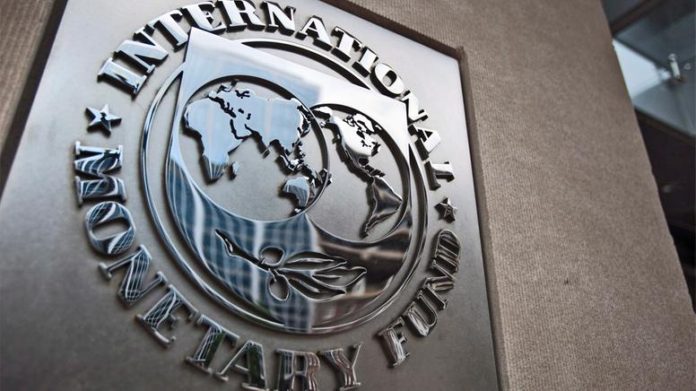What IMF Doesn’t Understand About Life in Nigeria
By Khadijah Lawan Muhammad,
The world may be clapping for Nigeria’s economic reforms, but those of us who live here know that applause doesn’t put food on the table. The International Monetary Fund (IMF) recently hailed the federal government’s new economic policies as bold and necessary.
But for millions of Nigerians, the only thing these reforms have brought is deeper pain. In its July 2, 2025 assessment, the IMF praised President Bola Tinubu’s administration for taking what it called “difficult but essential” steps—removing fuel subsidies, unifying the exchange rate, and tightening the Central Bank’s monetary policies.
These, the report claims, are stabilising the economy and restoring investor confidence. On paper, the numbers look good. GDP rose by 3.4% last year. Inflation, once climbing past 31%, is now down to 23.7%. Foreign reserves have grown, thanks to increased oil output, a stronger inflow of diaspora remittances, and renewed interest from investors.
But these statistics are not the daily reality of the average Nigerian. Subsidy removal led to a surge in petrol prices, which pushed up transport fares. Food prices followed, school fees skyrocketed, and families began cutting back on everything—from protein in meals to how often they use electricity.
In March 2025, food inflation hit 40%. That is not a percentage. That is hunger. That is anxiety in homes where parents now skip meals just to keep their children fed. More than 42% of Nigerians still live below the poverty line.
And while the IMF recommends expanding cash transfer programs to cushion this pain, implementation remains patchy at best. Poor infrastructure, low financial literacy, and weak identification systems continue to lock out the very people who need help the most.
The IMF also applauded the Central Bank for adopting market-driven exchange rate policies and cutting off direct government financing. True, the naira’s exchange rate has become more stable, but it still hovers around ₦1,600 to the dollar—an exhausting climb for a currency many once considered strong and reliable.
Nigeria has now fully repaid the $3.4 billion emergency loan it received during the COVID-19 crisis. But global oil prices, a lifeline for our economy, are dropping fast—now at $68 per barrel, below the $75 benchmark used for the 2025 national budget. This means another looming deficit, more belt-tightening, and possibly more suffering.
To plug these gaps, the IMF is urging Nigeria to grow its tax base, cut wasteful spending, and channel the savings from subsidy removal into productive sectors like agriculture, education, and electricity. These are wise words. But Nigerians are tired of wisdom that doesn’t bring results.
Policy experts agree the reforms are in the right direction. But reforms that only impress international donors while citizens remain in anguish are reforms without heart. The truth is, Nigeria’s economic story cannot be written in numbers alone. It must be measured by the mother in Zaria struggling to pay school fees, the market woman in Lagos who now buys in half-measures, the young graduate in Minna who has applied to 50 jobs and gotten none.
Yes, global praise is good. But what Nigerians are yearning for is a change they can feel—in their pockets, in their homes, in their lives. Until food becomes affordable, jobs are created, and public services are restored, the economic reforms will remain unfinished.
Not on paper, but in the minds of the very people they were meant to serve.
Khadijah Lawan Muhammad is a Mass Communication student at Nile University of Nigeria and an intern with PRNigeria. She can be reached at: [email protected]


